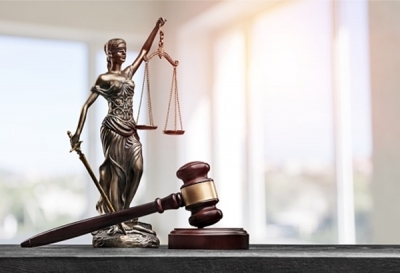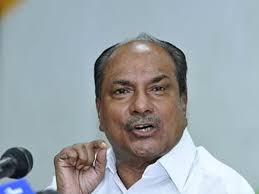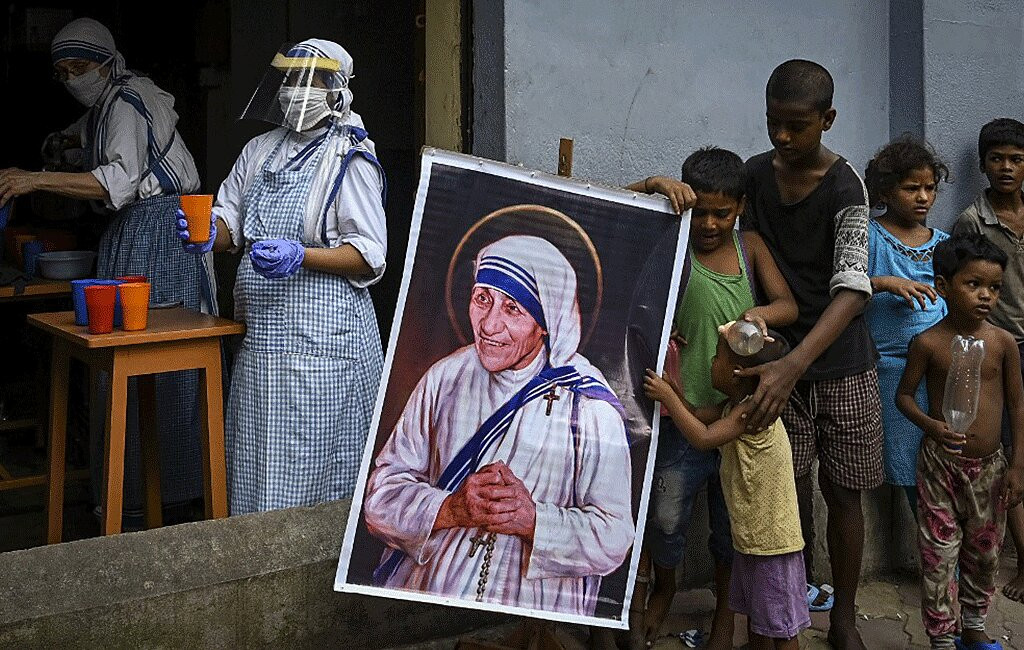‘Can Operation Of Sedition Law Be Kept In Abeyance, Till Reconsideration’, SC To Hear Centre’s Response

New Delhi, May 10: The Supreme Court on Tuesday asked the Centre to consider issuing a directive to the state governments to keep the operation of the sedition provision, Section 124A of the Indian Penal Code, in abeyance till the process of review of the provision is over. The apex court gave 24 hours to the Centre to inform it about its decision in the matter.
A bench headed by Chief Justice N.V. Ramana and comprising Justices Surya Kant and Hima Kohli told Solicitor General Tushar Mehta, representing the Centre, that cases are pending and cited Attorney General submissions on the misuse of sedition law over the recitation of ‘Hanuman Chalisa’.
The bench said till the government completes the process of re-examining the sedition law, could it issue a directive to the state governments to keep the operation of the law in abeyance. The top court emphasized that it is essential to protect people from the misuse of the sedition law.
In an affidavit, the Ministry of Home Affairs has told the Supreme Court that in spirit of Azadi Ka Amrit Mahotsav and the Prime Minister’s unequivocal views in favour of protection of civil liberties and to shed colonial baggage, the government has decided to re-examine and re-consider the sedition law.
The Chief Justice said there are two concerns — what about pending cases (where people are charged under this law)? Second, application of Sec 124A in the future. The bench asked Mehta to take instructions in the matter and scheduled the matter for further hearing on Wednesday. The bench asked Centre to consider issuing a guideline to states to protect rights of those already arrested under Section 124A.
During the hearing, senior advocate Kapil Sibal, representing one of the petitioners, said Mahatma Gandhi had termed this section the most potent weapon to silence opposition to the government. Mehta contended that it would be hazardous to suspend a penal provision. Sibal contended that till the government re-examines the law, no arrest should be made. Justice Kant queried Mehta, can the government say to states, since it is re-examining the law not to use Section 124A. Mehta said he will have to give instructions in the matter.
The top court was hearing arguments on whether a reference to a larger bench is required, as in Kedar Nath Singh judgment (1962), a five-judge bench had retained the section after reading it down.
The top court is hearing petitions filed by Major General S.G. Vombatkere (retd) and the Editors Guild of India and others, challenging the constitutional validity of Section 124A which carries a maximum penalty of life imprisonment.






